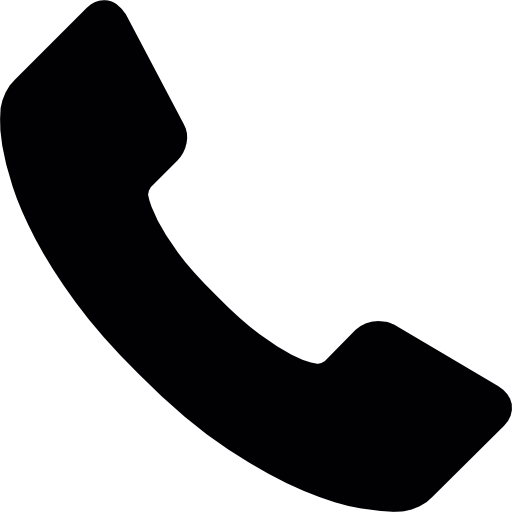Telemarketing Fraud
Telemarketing Fraud is a term that refers generally to any scheme to "deprive victims dishonestly of money or property or to misrepresent the values of goods or services."
Defending those accused of white collar criminal charges is where our law firm stands out from the rest. Extensive experience combined with an intimate understanding of white collar legal issues gives you an edge in court, where it counts the most.
Telemarketing Fraud Defense Considerations
Traditionally fraudulent telemarketers have operated out of boiler rooms. "Boiler room" operations involve rented offices with banks of telephones operated by high-pressure salespersons who peddle investment offers, charity solicitations, and telephone billing scams to name a few. Some boiler rooms employ a multi-tier approach with customers.
After a less experienced caller makes an initial contact, more seasoned telemarketers handle sales, follow-ups, verifications, and reloads. All fraudulent operators, however, are persuasive and persistent in order to swindle as many people as possible.
Boiler rooms represent the ideal office setup for fraudulent telemarketers. Typically, such offices consist of an open space with numerous phone lines and few furnishings. Once fraudulent telemarketers suspect that they are under investigation, or that their frauds are about to be detected, they can quickly disband their operation and relocate.
The California Department of Corporations has reported that 100 new boiler rooms have opened in the last year in Los Angeles alone. Other areas experiencing growth of boiler room operations include Florida, Canada, and increasingly, the Caribbean.
As law enforcement and regulatory authorities have become more vigorous in prosecuting fraudulent telemarketing, telemarketers have increasingly engaged in what's known as "rip-and-tear." Rip-and-tear telemarketers will utilize pay telephones, mobile phones, cloned phones, and long distance cards to carry out their schemes. Fraudulent telemarketers try to make it appear that their service or charitable cause is worth the money that they are asking the consumer to send.
Because these telemarketers' objective is to maximize their profits, fraudulent telemarketers will typically adopt one or both of two approaches. The first is to fail to give the consumer anything of value in return for their money. The second is to provide items far below what the consumer had expected the value to be.
According to the National Fraud Information Center, the top telemarketing "scams" for 2000 were:
- Prizes/Sweepstakes
- Magazine sales
- Credit Card Sales
- Work-at-Home
- Advance Fee Loans
- Telephone Slamming
- Credit Card Loss Protection
- Buyers Clubs
- Telephone Cramming
- Travel/Vacations
These top ten frauds of 2000 make up 80 percent of all telemarketing complaints received by the National Fraud Information Center.
As an example of law enforcement against alleged telemarketing fraud, during "Operation Disconnect" a few years ago, FBI undercover agents pretended to sell a special machine that would allow fraudulent telemarketers to dial as many as 12,000 calls per hour. Such a machine would have increased the ability of telemarketing schemes to contact large numbers of prospective victims throughout the United States. Undercover agents obtained many damaging and revealing admissions from the telemarketers about the fraudulent and criminal nature of their business activities.
As a result of Operation Disconnect, several hundred fraudulent telemarketers were successfully prosecuted, in some cases receiving prison sentences as high as ten years.
If you are facing potential telemarketing fraud charges, it is critical that you use a legal defense team with specific experience and expertise dealing with these types of charges. Call us at any time at (800) 209-4331 for a free, confidential initial consultation. Early intervention is critical to obtaining the best results.
